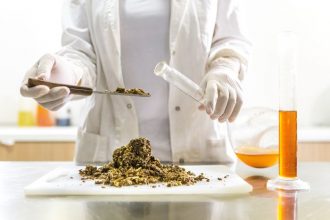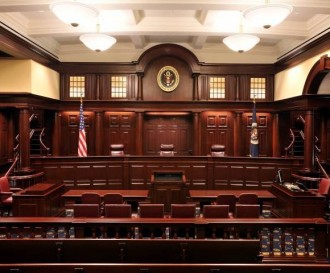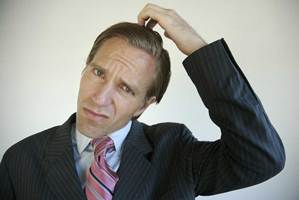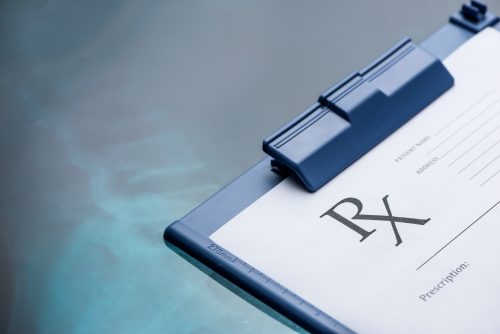
January 28, 2019
Working Backwards with the Benefit of Hindsight Does not Render Compound Obvious
In Amerigen Pharmaceuticals Limited v. UCB Pharma GmbH, [2017-2596] (January 11, 2019), the Federal Circuit affirmed the PTAB’s determination that claims 1–5 and 21–24 of U.S. Patent 6,858,650 on an antimuscarinic drug marketed as Toviaz® to treat urinary incontinence were not unpatentable as obvious.
The Federal Circuit noted that its review of a Board decision is limited. The Federal Circuit reviews the Board’s legal determinations de novo, and the Board’s factual findings underlying those determinations for substantial evidence. The Federal Circuit explained that a finding is supported by substantial evidence if a reasonable mind might accept the evidence as adequate to support the finding.
The Federal Circuit agreed that the Board did not legally err and that substantial evidence supports the Board’s findings. As to Amerigen’s argument that a person of ordinary skill would have been motivated to modify 5-HMT to increase its lipophilicity, the Federal Circuit said that a a reasonable fact finder could have weighed UCB’s expert testimony over Amerigen’s, and concluded that substantial evidence supported the Board’s finding that a person of ordinary skill would not have been motivated to modify 5-HMT to increase its lipophilicity.
As to Amerigen’s argument that increasing lipophilicity “in and of itself” (i.e., independent of bioavailability concerns) would have motivated a person of ordinary skill to modify 5-HMT, the Federal Circuit noted that Amerigen did not present this theory to the Board, and could point to no evidence in the record to support it, and did not explain why a skilled artisan would modify a drug to increase its lipophilicity independent of bioavailability.
As to Amerigen’s argument that a skilled artisan would have been motivated to modify 5-HMT because 5-HMT was patented at the time of invention, the Federal Circuit noted that there was no indication that such a motivation was sufficient to prove that the claimed compounds would have been obvious. The Federal Circuit said:
Any compound may look obvious once someone has made it and found it to be useful, but working backwards from that compound, with the benefit of hindsight, once one is aware of it does not render it obvious.
The Federal Circuit said it considered Amerigen’s remaining arguments and did not find them persuasive, and thus affirmed the Board’s decision.




































